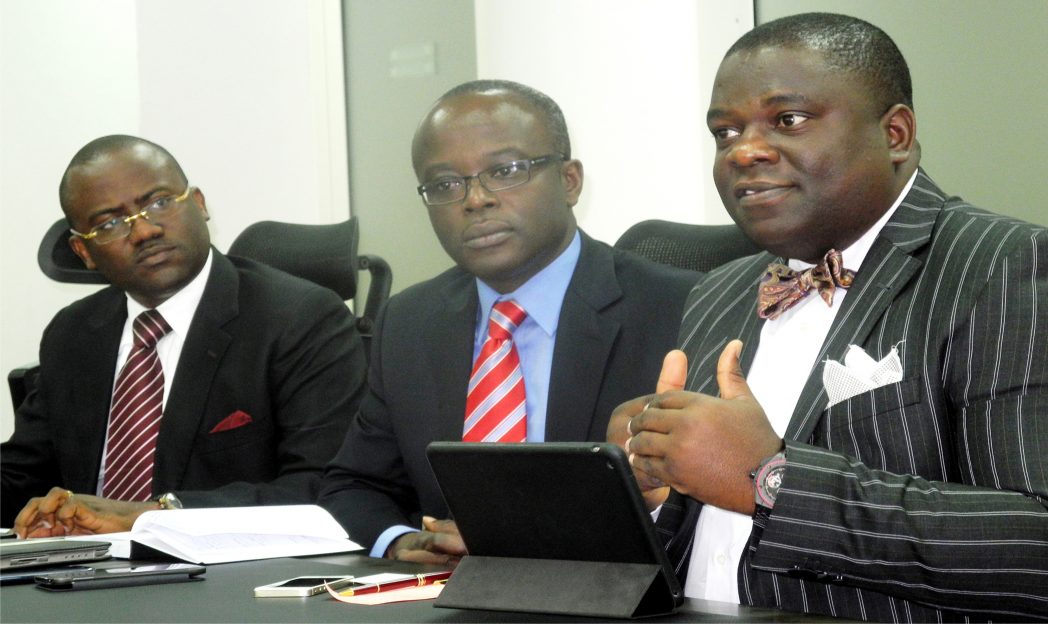Artificial intelligence is often viewed as a catalyst for electrification and subsequently decarbonization. Yet one of its most immediate effects may be the opposite of what many assume. The rapid buildout of AI infrastructure is increasing demand for reliable power, and that reality could strengthen the role of natural gas and other dispatchable energy sources for many years.
Investors focused on semiconductors and software valuations may be overlooking a key constraint. AI runs on electricity, and those electricity systems operate within physical and economic limits.
The energy sector has spent much of the past decade grappling with slow load growth. That is now changing, in a way that is reminiscent of the sharp rise in oil demand—and subsequently price—in the early 2000s.
Training large language models and operating advanced AI systems requires enormous computing resources. Hyperscale data centers are expanding rapidly, with developers requesting gigawatt-scale interconnections from utilities. In several regions, electricity demand forecasts have been revised upward after years of flat expectations.
This shift is significant because AI workloads create continuous, high-density demand rather than intermittent usage. Data centers cannot simply power down when the electricity supply becomes constrained. Reliability becomes paramount.
Wind and solar capacity continues to expand, but intermittent generation alone cannot meet the firm capacity needs of AI infrastructure without significant storage or backup generation.
Battery storage is improving, yet long-duration storage remains costly at scale. Nuclear projects face long development timelines and complex permitting hurdles. Transmission expansion also lags demand growth in many regions.
These constraints make dispatchable power sources critical. Natural gas plants can ramp quickly, operate continuously, and be deployed faster than many alternatives. As a result, gas-fired generation is increasingly viewed as a practical solution for supporting AI-driven load growth.
This does not undermine the role of renewables. In many markets, new renewable capacity is paired with gas generation to maintain grid stability. The key point is that AI-driven electrification is likely to increase fossil fuel usage in the near term.
Construction timelines favor gas-fired generation when demand rises quickly. Existing pipeline infrastructure reduces barriers to expansion. And for operators of data centers, reliability often outweighs ideological preferences. Downtime is simply too expensive.
Utilities are also revisiting resource plans as load forecasts rise. That shift may drive increased investment in transmission, grid modernization, and flexible generation assets.
The Decarbonization Story Is Complex
A common narrative holds that AI accelerates the transition away from fossil fuels because it increases electrification. The reality is more nuanced.
If electricity demand outpaces the buildout of low-carbon capacity, fossil generation may still increase in absolute terms even as renewables gain market share. Total emissions could rise, but the carbon intensity of the energy system may trend lower as cleaner sources make up a larger share of supply.
Ultimately, energy systems evolve based on engineering and economics, not just policy goals or market narratives.
Rising power demand could benefit utilities investing in transmission and generation capacity. Natural gas producers and midstream companies may see structural demand support from increased power-sector consumption. Equipment suppliers tied to grid reliability and gas turbines could also gain from the shift.
Longer term, advances in nuclear, storage, or efficiency may change the trajectory. For now, the immediate response to surging electricity demand is likely to rely on technologies that can be deployed quickly and reliably.
Artificial intelligence may reshape the economy in profound ways. One of the least appreciated consequences is that it may extend the relevance of natural gas as the world builds the energy backbone required to power the next generation of computing.
By: Robert Rapier







